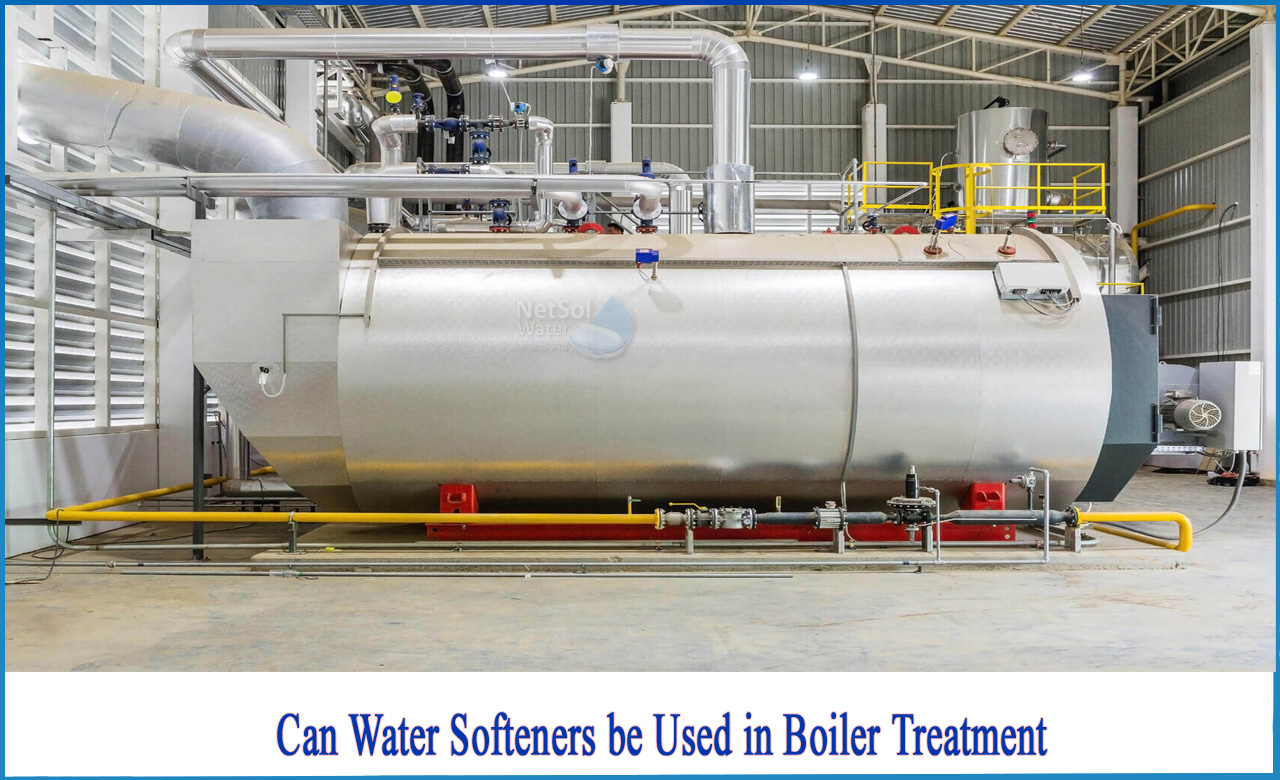Can Water Softeners be used in boiler treatment?
Continuously using a boiler will inevitably reduce efficiency. Inefficient boilers increase the cost of electricity, gas, and maintenance. Improper water treatment is one of the main causes of boiler performance degradation. Processing is an integral part of the boiler maintenance record. You can use the water softener as part of your maintenance schedule to keep the boiler functioning properly. A boiler is most commonly used in industries.
Boiler Water Softener
Water is highly corrosive if not properly cleaned and treated and is responsible for most of the boiler maintenance related problems. A water softener is hardness removal machine of water. This makes water soft. Water can also carry foreign matter into the boiler, which accumulates over time and causes serious damage.
Improper water treatment is one of the main causes of boiler performance degradation;
Improper water treatment or failure to comply with treatment plants can lead to irreversible boiler tube damage, so-called deposits. Water should be circulated in the water softener before entering the boiler to avoid scale build-up. The water softener filters foreign substances such as magnesium, calcium, and other hard minerals. These particles adhere to the inside of the boiler, reducing heat transfer efficiency, improving the performance of the boiler and causing failure.
Water softenerchemical process - The ion exchange process
With negatively charged ions, these minerals attach to the inner wall of the machine. This process causes problem of scaling. To avoid scale build-up, the water softener removes positively charged ions from the liquid. Pearls become negatively charged after sitting in salt water filled with the negatively charged minerals salt and potassium. As the liquid passes through the resin tank, the positively charged ions are attracted to the negatively charged sphere and removed from the mixture. This ion exchange removes most of the negatively charged ion particles and softens the water. The regeneration cycle releases negatively charged ions from the resin beads, allowing continuous removal of hardness from the water.
The cleaning process in a water softener
The regeneration process works by flushing the solids, introducing new brine, cleaning the resin beads through the new brine and recharging. This cleaning process takes about 1-2 hours. The playback system can use one or two brine tanks. With two tanks, one set of pearls is activated and cleaned at a time, reducing downtime. In just one tank, hard and salt water should be continuously rinsed and replaced to remove hardness and regenerate pearls.
Conclusion-Soft water supply
It is important to always supply soft water to the boiler to avoid damage and costly repairs. Water softening can be combined with a reliable chemical water treatment program and blow-down schedule to achieve reliable boiler system performance over the long term. One should installdouble water softening systems in all mobile boiler rooms, mobile steam systems, and mobile water supply systems to ensure optimum boiler performance 24 hours a day. There should be a large stand-alone water softener attached to the skid, which can be rented or purchased.
Consult Netsol Water for more information!
Netsol Water is Greater Noida-based leading water & wastewater treatment plant manufacturer. We are industry's most demanding company based on client review and work quality. We are known as best commercial RO plant manufacturers, industrial RO plant manufacturer, sewage treatment plant manufacturer, Water Softener Plant Manufacturers and effluent treatment plant manufacturers. Apart from this 24x7 customer support is our USP. Call on +91-9650608473, or write us at enquiry@netsolwater.com for any support, inquiry or product-purchase related query.



